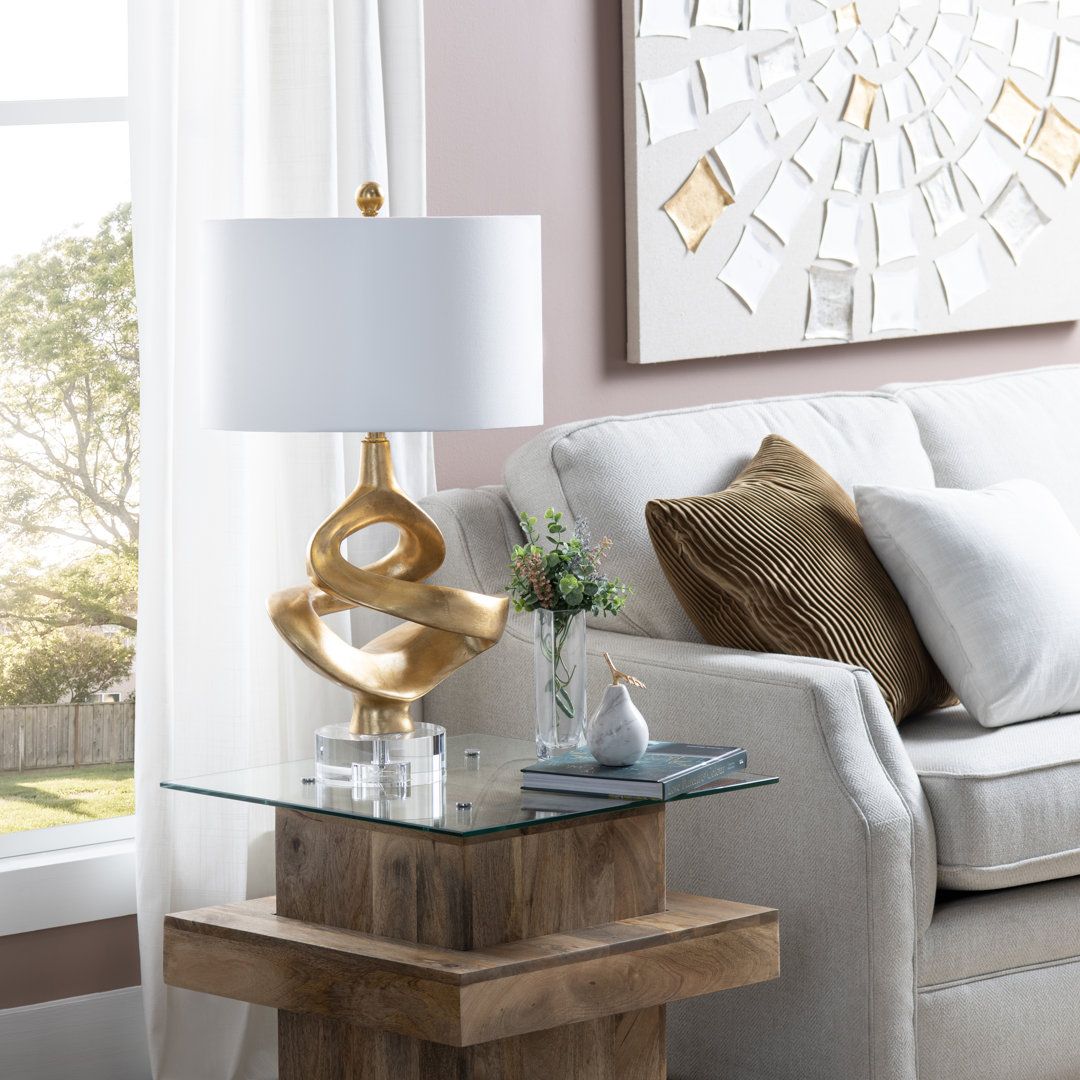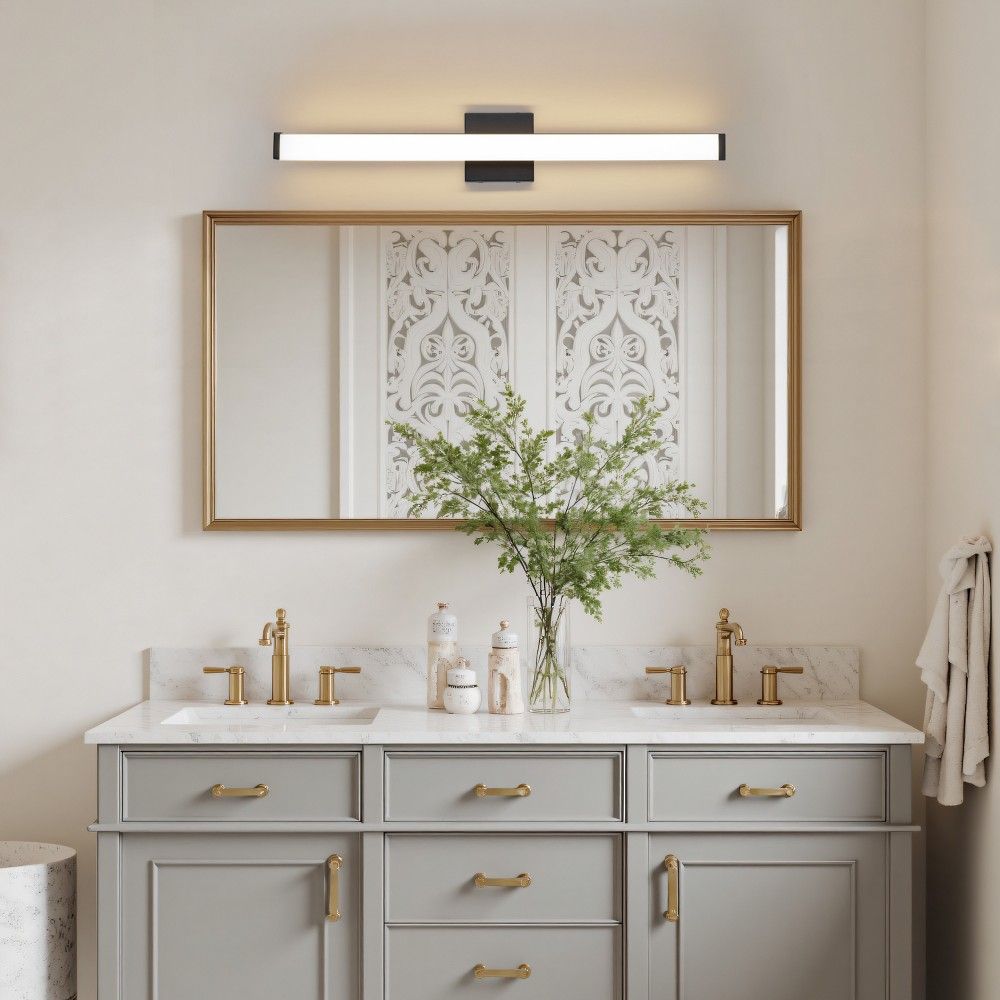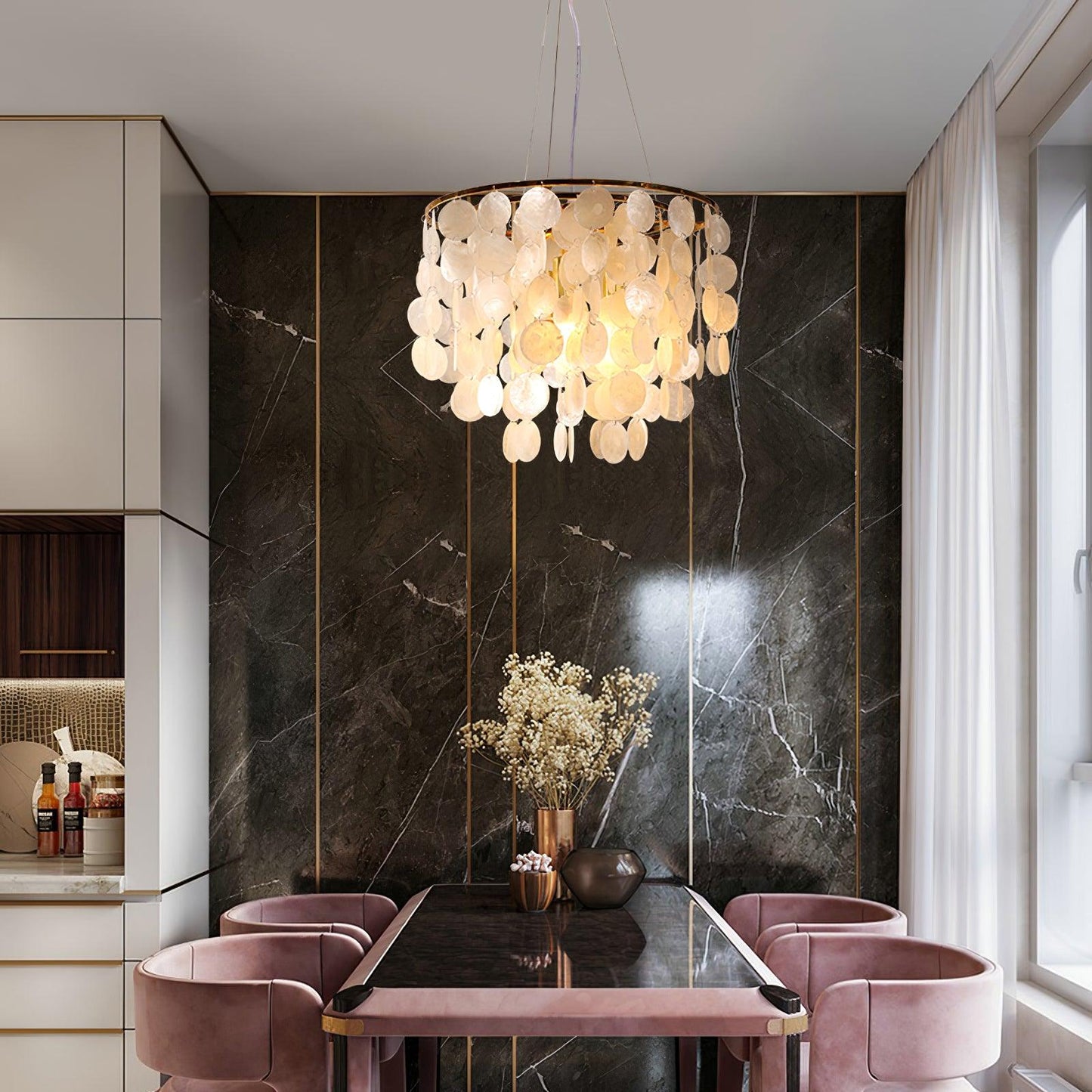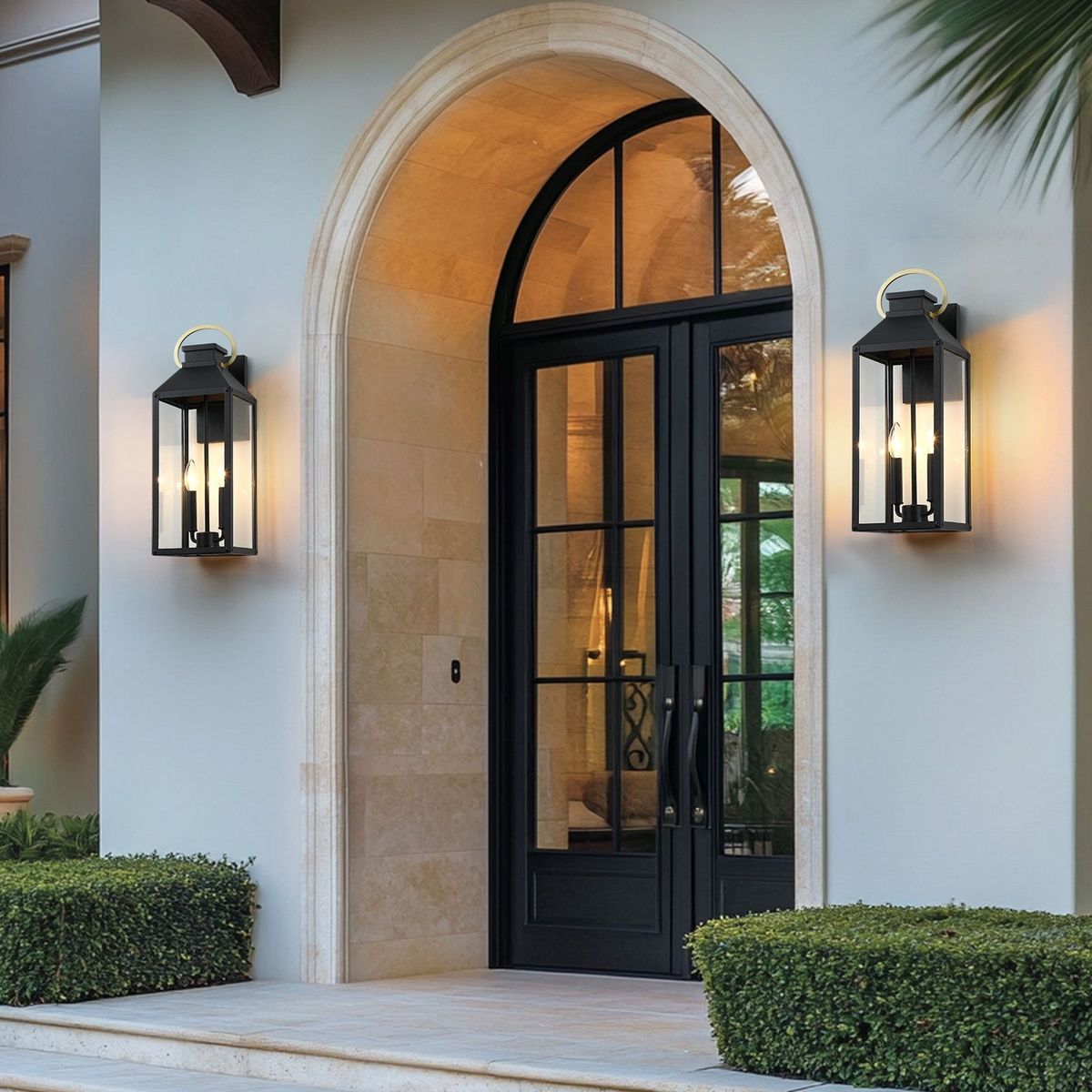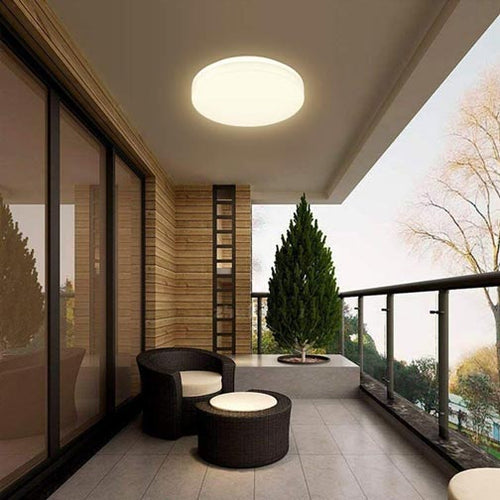
Lighting technology has undergone tremendous development over the years, and integrated LED lighting is at the frontline. These are fixtures that use LED light sources integrated into the design, rather than using bulbs of any sort. But with all the buzz surrounding them, are they truly worth it?
Integrated LED light fixtures bring several advantages, such as energy efficiency, durability, and versatility in design. However, like any other innovation, they also have their own disadvantages. This guide explores their benefits, downsides, and practical applications in different spaces, helping you decide if they're the right fit for your home.
Are Integrated LED Light Fixtures Worth It?
Lighting technology has undergone tremendous development over the years, and integrated LED lighting is at the frontline. These are fixtures that use the LED light sources integrated into the design, rather than using bulbs of any sort. But with all the buzz surrounding them, are they truly worth it?
Integrated LED light fixtures bring several advantages, such as energy efficiency, durability, and versatility in design. However, like any other innovation, they also have their own disadvantages. This guide explores their benefits, downsides, and practical applications in different spaces, helping you decide if they're the right fit for your home.
What Is an Integrated LED Light Fixture?
An integrated LED light fixture is a lighting system where the LED light source is built directly into the unit, offering a seamless and efficient solution. This means it does not use conventional replaceable bulbs, making it compact and modern.
Some of the major benefits these fixtures offer include their seamless design, which can be creatively applied to residential and commercial spaces. Examples are sleek pendant lights or recessed ceiling fixtures. Their long lifespan, between 25,000 and 50,000 hours, reduces replacements and saves maintenance costs.
On the other hand, their integrated design has disadvantages. If the LED module fails, the whole fixture may be replaced, which is very expensive. Despite this limitation, their aesthetic appeal and energy efficiency make them popular for those seeking advanced lighting solutions.

Benefits of LED Lighting
If you consider upgrading to integrated LED light fixtures, you may think, "What's the real benefit?" Well, Let's delve into it.
Energy Efficiency Energy Efficiency
LED lighting is an excellent option for saving on electricity bills without compromising quality. It is praised for its great energy efficiency: it can use up to 90% less electricity compared to traditional incandescent or halogen bulbs. This efficiency converts into significantly lower utility bills, making LEDs economical for homes and businesses.
Unlike traditional bulbs, LEDs generate minimal heat, reducing energy wastage. This makes them particularly suitable for areas where cooling costs are a concern, such as kitchens or workspaces. This energy-saving feature assures considerable financial and environmental benefits over time.
Longevity
Some of the incredible features of LED lighting include durability. LEDs can last between 15,000 and 50,000 hours, translating into 15-20 years of regular use. This durability means fewer replacements and reduced maintenance costs, making them a perfect choice for hard-to-reach fixtures or locations that require consistent lighting. The long life of LEDs results in minimal waste, helping with environmental sustainability due to the less frequent need for discarding bulbs.
Eco-Friendly
LEDs are an environmentally friendly lighting option, devoid of toxic chemicals like mercury, which are contained in fluorescent bulbs. Their low energy consumption reduces the carbon footprint that comes with generating electricity. Additionally, their long lifespan means fewer manufacturing and disposal cycles, which reduces environmental impact. For homeowners looking to adopt green practices, LEDs offer a simple yet impactful way to make their homes more sustainable.
Instant Brightness
From instantly navigating a dark entryway in search of something to the much-needed requirement of visibility for safety, LEDs are turned on right to full brightness. Unlike fluorescent bulbs that flicker but dimly light up, turning on an LED light instantly flips it on at full brilliance. This makes them appropriate for staircases, corridors, and outdoor applications.
Versatility
On the other hand, LED lighting offers unmatched versatility to the homeowner in search of something aesthetic and functional. LEDs are available in various shapes, sizes, and colors and can be tailored to suit every space and aesthetic preference. With this, they support features like dimming, color changing, and adjustable brightness, making them ideal for creating different moods. LEDs adapt seamlessly to diverse needs, whether used for kitchen island lighting or living room lighting.
Advantages of LED Light Fixtures Over Alternatives
LED light fixtures offer many advantages over available alternatives. The key advantages of integrated LED fixtures over traditional options are discussed hereafter.
Smart Home Integration
Integrated LED fixtures boast many advanced smart features—app control, voice activation, and programmable settings—that make them suitable for modern home automation.
For example, they can turn lighting on/off at specific hours or adjust brightness remotely, making operations both functional and efficient.
Technological Advancements
With the technology incorporated into LED luminaires, features such as adjustable color temperatures, passive motion sensors, and tunable white light are very much possible. This makes LED luminaires versatile for any need-whether to increase focus in one's workspace or to create relaxing conditions in the bedroom.
Directional Lighting
Unlike incandescent bulbs, which throw light in every direction, LEDs focus their light. This makes them perfect for task lighting, such as under-cabinet lights in kitchens or bedside wall sconce.
Waste Reduction
LED lighting fixtures have a longer lifespan, so the number of discarded bulbs decreases, thus reducing waste. Their energy efficiency uses fewer natural resources, so LED lighting is a good alternative for environmentally friendly homeowners.
Cons of Integrated LED Light Fixtures
When considering integrated LED light fixtures, it’s important to weigh their disadvantages alongside the benefits. While these fixtures offer many advantages, they also come with a few notable downsides:
Higher Upfront Cost
Integrated LED fixtures tend to be more expensive initially compared to traditional lighting solutions. Although they can save money in the long run due to their energy efficiency and long lifespan, the higher upfront cost may be a consideration for homeowners on a budget. For some, this initial investment could feel like a barrier, even though the cost is often recouped over time.
Non-replaceable LED Modules
Unlike traditional fixtures that allow for bulb replacements, integrated LED fixtures require the entire unit to be replaced if the LED module fails. This can lead to higher repair costs if a malfunction occurs, as it means replacing the whole fixture rather than just the bulb. In contrast, traditional lighting setups allow for easy and cost-effective bulb replacements.
Limited Customization
Another downside is the limited flexibility in terms of upgrading or changing the light source. Integrated LED fixtures are designed as a complete unit, meaning you cannot swap out the LED for a different type or adjust the fixture in the same way you would with traditional fixtures. This lack of customization may be a drawback for those who prefer to adjust the light output or style over time.
Heat Accumulation
Although LEDs generate less heat than traditional bulbs, integrated LED fixtures may accumulate heat within their built-in system over time, especially if they are not designed with sufficient heat management. This can shorten the lifespan of the fixture and affect its efficiency, particularly in warmer environments.

Ways to Integrate LED Light Fixtures into Your Home Design
In case you’re wondering how to use integrated LED fixtures in your home, here's a breakdown of practical tips for every room:
Ceiling Lighting
Pendants
Pendants with integrated LEDs would be perfect for adding that blend of functionality and elegance to dining areas and kitchen islands. They put out focused, downward light to improve visibility for meal preparation or dining tasks. Pendant lights are available in many styles, from industrial to contemporary, and can be matched with almost any existing decor. For maximum visual appeal, they can also be installed in clusters or at staggered heights to add depth and personality to a room.
Mini Pendants
Mini pendants are small yet highly powerful lighting options for compact spaces or complementary lights in layered design applications. They can also be applied over a small table, counter, or reading corner, yielding a concentrated beam of light that does not overpower the atmosphere of the place. Mini pendants can be applied in groups to become a focal piece and a unique solution to increasing the visual attractiveness of small spaces.
Multiple Pendants
Several pendant lights are ideal for larger areas, such as above a long dining table or kitchen counter. They provide an even spread of light while adding symmetry and balance to the room. In linear or geometric patterns, multiple pendants can make what might otherwise be a functional light source into an eye-catching design feature. They work great in open-concept layouts where defining areas with lighting is key.
Flush Mount
Flush-mount fixtures are ideal for spaces with low ceiling height, such as in small bedroom lighting ideas, where you need a compact yet effective lighting solution. Their close-to-ceiling design provides even illumination while maintaining a clean and uncluttered look. These fixtures are perfect for utility areas like laundry rooms, hallways, or closets. With integrated LED options, flush mounts offer energy-efficient lighting that easily blends into any room.
Semi-Flush Mount
Semi-flush mounts droop a little from the ceiling and are a more embellished version of flush mounts. They give plenty of light and add sophistication to locations such as entryways and bedrooms. Semi-flush fixtures often boast detailed work or materials, including but not limited to frosted glass; they are functional and an esthetic choice for transitional places.
Monopoint Fixtures
Monopoint LED fixtures are designed to focus light on specific areas, making them ideal for accent lighting. Common applications are to bring out the best in a work of art, an architectural feature, or display cabinets. Adjustable heads allow users to direct light exactly where needed, adding functionality and visual interest to a space.
Beauty Spots
Beauty spots are small, recessed lights that tend to focus on specific elements within a room, such as textured walls or sculptures. They add subtle sophistication to any space, creating warmth and an inviting ambiance. Beauty spots are often used within bedrooms or living areas to accentuate unique decor features.
Wall Lighting
Living Rooms
Living room wall-mounted LED lighting helps create warmth in sitting rooms. It may outline a fireplace, lighten bookshelves, or even create ambient light around sitting areas. LED lighting comes in several different styles, ranging from ultra-modern to vintage options, giving homeowners many options regarding the overall look and style of the space.
Bathrooms
In bathrooms, LED wall lights with integrated drivers are perfect for vanity stations, providing shadow-free lighting for activities such as grooming. Due to their moisture-resistant build, they can withstand high levels of humidity. With dimming capabilities, they can morph from task to ambient lighting, creating a spa-like environment.
Bedrooms
Wall-mounted LEDs in bedrooms provide soft, adjustable lighting for reading or relaxation. Their sleek designs save space, making them perfect for smaller rooms. With dimmable options, they allow for personalized lighting levels, enhancing comfort and functionality.
Offices
LED integrated wall lights are practical in home offices for providing focused task lighting with no glare. They allow for better productivity since visibility and reduced eye strain are enhanced. Adjustable fittings provide versatility, accommodating various workspace configurations and individual preferences
Recessed Lighting
Recessed Downlights
Recessed downlights create general illumination, blending perfectly into ceilings for clean, modern visuals, making them a great option for bedroom ceiling lighting ideas or living room wall lighting ideas to create a cozy ambiance. This type of light is viable in kitchens and living rooms, providing the same effectiveness without clutter. Downlights can also be combined with dimmer switches for more control over light levels.
Recessed Lights
In larger rooms, several recessed lights evenly illuminate the space. This setup eliminates shadows and makes the room functional, ideal for open-concept layouts or large kitchens.
Linear Recessed Lights
Linear recessed lights provide modernity and sleekness for a lighting solution. Their long design lends a certain touch of sophistication to hallways, dining rooms, and minimalist interiors. Such lamps provide dramatic lighting with reserved subtlety.
Conclusion
Integrated LED lighting combines style, functionality, and energy efficiency, making it a great choice for modern homes. Its long life and features, such as smart integration and adjustable lighting, make it very convenient.
Although their upfront expense may exceed that of conventional alternatives, the substantial savings in energy consumption and maintenance over time make them a valuable and cost-effective choice. Homeowners can create beautifully lit, functional spaces by carefully incorporating these fixtures into different home areas.
With thoughtful planning and the right choices, integrated LED fixtures are more than just a trend-they are a smart and sustainable solution for lighting in today's homes.
Explore Lighting Trends in 2025 and find the perfect chandelier or LED fixture at Yiosilamp to enhance your home’s lighting with style and efficiency.
Read More:
How High to Hang a Chandelier Over the Dining Table?
11 Types of Crystal Chandeliers to Brighten Your Home
Living Room Lighting Options: 10 Tips for a Stunning Space
What Color Should Bedroom Lamps Be?
Hallway Lighting Ideas: Tips to Brighten Your Hallway Stylishly

